
|
October 2020
Early Learning and Elementary Snapshot
HOLD ON TO YOUR KIDS

|
|
|
|
|
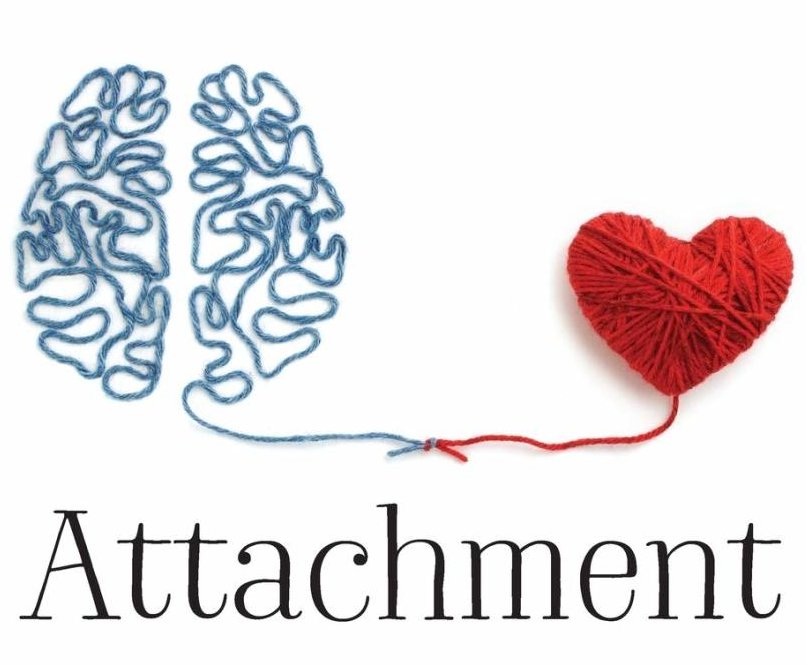
|
COVID19 has permeated every part of our lives and for many made parenting even more complicated. It has also had the potential to impact the secure attachment and the trust-based relationship you have been building with your children.
Children are looking to parents for safety and assurance that they too can weather these changes. While you are trying to provide this security there has been the competing pressures of your work schedule, maintaining your home, caring for extended family and home schooling for several months now.
|
|
|
When you are sorting through these responsibilities it is important to remember that choosing attachment and connection with your children is never the wrong choice.
|
|
|
|
What is Attachment? Attachment science is the name given to the study of human relationships. As humans, we have a consistent drive to connect, to attach. Attachment is how we ground our children to a secure home base, create a sense of belonging and importance, and nourish them. It reaffirms what some Grandparent‘s have always known – children need strong connections with adults! Attachment is important throughout a person's life from infancy through to adulthood.
|
| |
|
|
Why is Attachment Important?
Attachment provides children with a safe home base. This sense of safety allows them the opportunity to explore and to take risks, it helps them to regulate their emotions, adapt to different circumstances and bounce back after adversity.
|
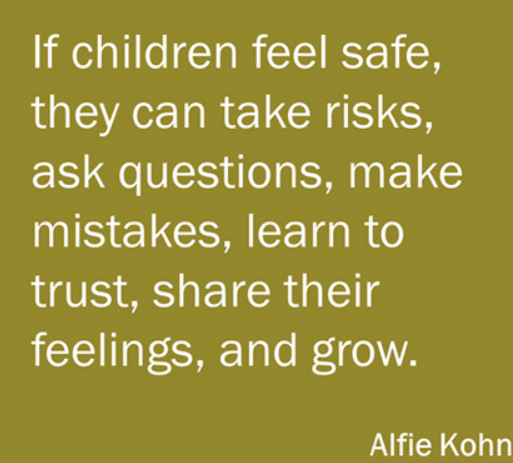
|
| |
|
|
|
|
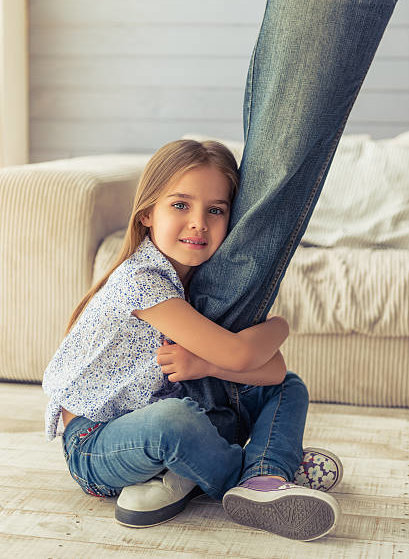
| Attachment is Instinctive In these past months you can no doubt recall many times when your children were hanging off your legs, trying to get your attention while you were in the middle of a work meeting or making dinner. Dr. Gordon Neufeld, co-author of Hold On to Your Kids, refers to these as “bids for proximity”. Our children are reaching out because they’re needing to connect, they want to attach – they’re asking to be close to the adults in their lives. However if you were to ask your child, they wouldn’t be able to tell you that they’re feeling the need to attach to you, it’s just instinctive.
|
| |
|
|
|
|
|
|

| DELIGHT IN YOUR CHILD Interactions with our children often revolve around direction, teaching or changing behaviour, and simply being together and enjoying one’s child may take a backseat. Be mindful of interacting with your children in warm and inviting ways. Hugs and embraces, playful smiles, eye contact and warmth in your voice invite connection.
Although you may praise your child frequently, delight is different from praise. Praise is generally about something that the child has done, whereas delight stems from loving and enjoying the child exactly as they are.
|
| |
|
|
|
SHOW THEM THEY ARE IMPORTANT
Children need to know that they are significant. Share their birth stories with them, let them know how excited you were to meet them. Make their favourite meals for no reason. Tell them you love them; show them you love them. It’s important that these connections originate from you, and that they happen without your child seeking them out.
|
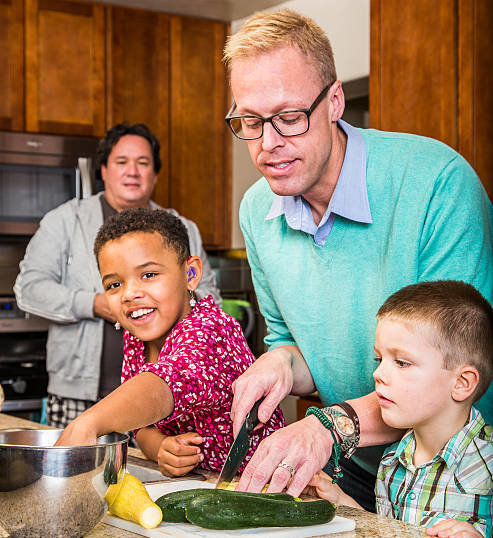 |
|
|
|
SHARE YOURSELF WITH THEM One of the ways in which children feel attached is through sameness. Think back to when your child might have played dress up with your clothes, or shared that they were going to be a _____ just like you. Build on that by sharing stories with your children in which you‘re the same; draw parallels between your experiences and theirs. Emphasize interests that you might have in common. Your children will flourish the more they see that they fit in their family, that they belong.
|
| |
|
|

| BE IN CHARGE Children thrive with firm boundaries and limitations being set for them. This isn‘t about a power struggle, but rather gives children a sense of safety from which they can explore and experiment.
As parents you need to be in charge of their well-being. When necessary, you need to be the decision maker. Children need to know that you‘ve got them, that you‘re able to handle them, at their best and at their worst, that nothing they do is too much for you to take. Having a strong adult presence gives them that security.
|
| |
|
|
|
SET LIMITS AND GUIDELINES
We need to put structures in place to restrict those things that would move our children away from us. This means safeguarding family outings and holidays, celebrations, activities and regular sit-down meals. It means being mindful of not over-scheduling our children or ourselves. Placing restrictions on access to social media, cell phones and other devices is critical, or the demand for these soon gets out of hand.
| VALIDATE AND HELP TO MANAGE YOUR CHILD'S FEELINGS Children are learning to understand and regulate their emotions. Parents can notice how their child is feeling, help them to name those emotions and let them know that all emotions are natural and serve a purpose. When children are given the message that certain emotions are not acceptable to express, they also get the message that connection is conditional. Guiding an upset child in managing their emotions will help them learn how to do that on their own and will strengthen attachment.
|
|
|
|
|
|
|
|
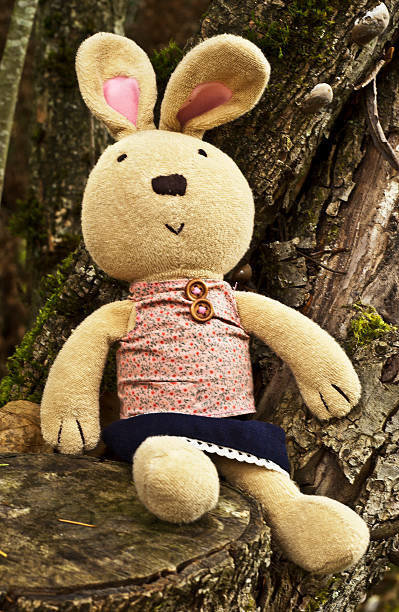
| COMFORT THEM THROUGH FUTILITY Children learn to adapt and become more resilient when they are faced with futility (something they cannot change) and are able to experience it fully. They learn adaptation when they come out the other side and realize they‘re all right.
Losing a favourite toy will be distressing, and that‘s okay. Instead of distracting them, or buying them another toy, let your children fully experience the sadness that comes with that, and comfort them through it (I know you‘re sad; you really miss that toy; it‘s okay to cry… etc.). Another example would be when you tell your child "no" and you stick to it. Children will learn that they will face things that they cannot change and they will also learn that with support and comfort from their loved ones they are able to come through it and be safe.
|
| |
|

| SPECIAL TIME
Special time is a simple concept with big results. The good news is this doesn‘t even require boat loads of patience. All “special time” means is putting aside ten minutes a day to connect with each of your children.
The short time period is what makes special time so powerful. We can find ten minutes in our day. We can focus for ten minutes. We can listen to conversations about Minecraft or My Little Pony for short periods of time. For ten minutes we can be patient and truly present, and our kids thrive on our presence.
NOTE: it doesn‘t have to be
perfect!Best ways to connect in 10 minutes
|
|
|
|
|
|
|
|
|